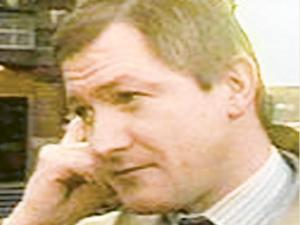
By James Ward, PA
The son of murdered solicitor Pat Finucane has welcomed a decision by the Council of Europe to reopen his father’s case.
John Finucane, Sinn Fein MP for North Belfast, said the decision to reopen the case at the European Court of Human Rights (ECHR) was a “hugely significant move”.
The 47-nation council, which oversees the implementation of ECHR judgments, has also called on the UK authorities to step up efforts to conclude all legacy killing inquests within five years.
Responding to the decision on Friday, Mr Finucane wrote on Twitter: “The Council of Europe has reopened the investigation into my father’s killing.
“This is a hugely significant move. The British govt have been criticised internationally for their failure to establish an inquiry & this level of scrutiny is vital to ensure truth can finally emerge.”
The decision, published on Friday, to reopen the case was made “in order to supervise the ongoing measures to ensure that they are adequate, sufficient and proceed in a timely manner”.
The council has invited the authorities to clarify how the ongoing police and Office of the Police Ombudsman for Northern Ireland (Oponi) processes will proceed “promptly and in line with Convention standards”.
In December the UK Government decided not to hold an immediate public inquiry into the killing of Mr Finucane in 1989, a move branded an insult by the solicitor’s family.
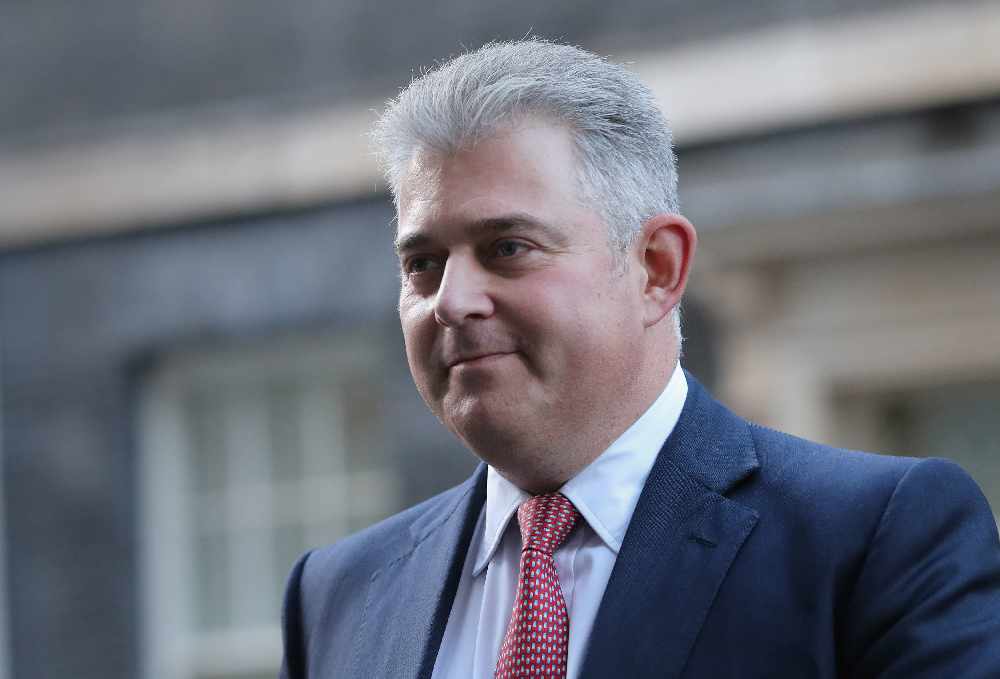
Northern Ireland Secretary Brandon Lewis said he was not taking a public inquiry off the table but that further examinations of the case by police and the Police Ombudsman should conclude first.
The Council rebuked the UK Government at the time for failing to enforce judgments by the ECHR involving security forces killings and suspected collusion cases in Northern Ireland.
Pat Finucane, 39, who represented republican and loyalist paramilitaries during the conflict, was shot dead in his family home in North Belfast in February 1989 by the Ulster Defence Association (UDA) in an attack found to have involved collusion with the State.
UK authorities have also been called on by the Council of Europe to step up efforts to reach its targets of concluding all legacy killing inquests within five years.
Acknowledging delays caused by the Covid-19 pandemic, the Council noted: “Some progress is now being made, inquests are resuming and recovery planning is under way.”
In a statement on Friday it “strongly encouraged the authorities to step up their efforts to accelerate as far as possible to meet their target of the conclusion of all inquests within five years”.
It has asked for “concrete information and explanations” as to what measures are being taken to meet the current timeframes and “prevent unnecessary delays”.
While noting the authorities’ intention to introduce legislation under the Stormont House Agreement to address legacy issues as soon as possible, the Council outlined its “profound concern” about the lack of detail over a plan to do so.
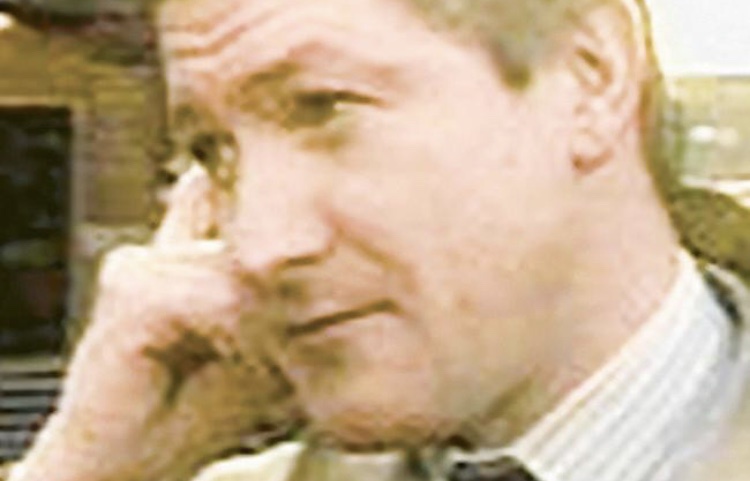
The decision not to hold an immediate inquiry into the killing was criticised by Sinn Fein, the SDLP and the Green Party late last year.
A letter signed by Sinn Fein’s Michelle O’Neill, the SDLP’s Colum Eastwood, Alliance deputy leader Stephen Farry and the Green Party’s Clare Bailey urged a rethink from the UK Government.
They said the decision was “neither a credible nor tenable position”.
“It was an insult to the Finucane family,” the senior party figures added.
“Your approach to this matter is now a matter of serious public concern.
“To avoid a public inquiry, you have clearly made a calculated decision to embark on a high-risk distraction strategy that now places both the Office of the Police Ombudsman and the PSNI in the midst of a historic murder investigation at a time when the intent is to take legacy out of policing.
“Your suggested approach potentially risks wider confidence in the rule of law and the administration of justice.”
The issue has divided political opinion in Northern Ireland and several unionist politicians have welcomed the Government’s decision, arguing that a public inquiry is not justifiable when so many other bereaved families are still waiting for answers.


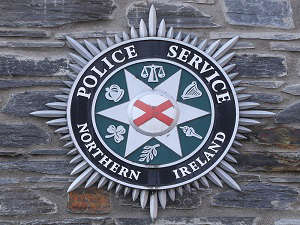 Teenage girl killed in road crash named as Kamile Vaicikonyte
Teenage girl killed in road crash named as Kamile Vaicikonyte
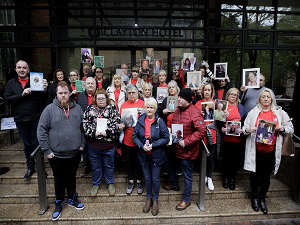 Covid-19 inquiry ‘an opportunity for candour’ from Stormont leaders
Covid-19 inquiry ‘an opportunity for candour’ from Stormont leaders
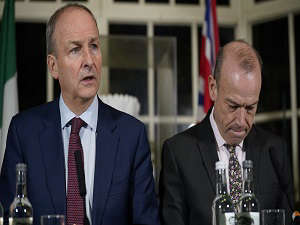 UK and Irish ministers to meet amid row over migration
UK and Irish ministers to meet amid row over migration
 Three men set to go on trial for murder of journalist Lyra McKee
Three men set to go on trial for murder of journalist Lyra McKee
 Swann refuses to rule out resigning if budget is not changed
Swann refuses to rule out resigning if budget is not changed